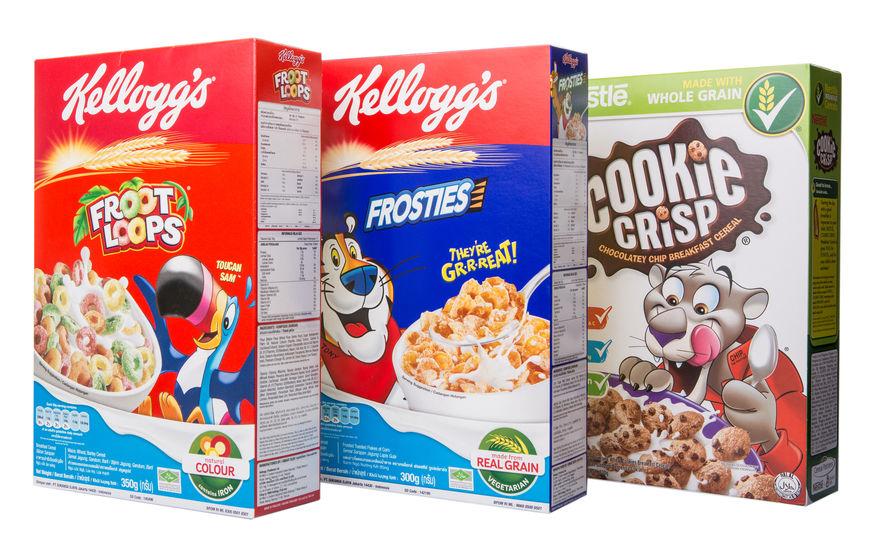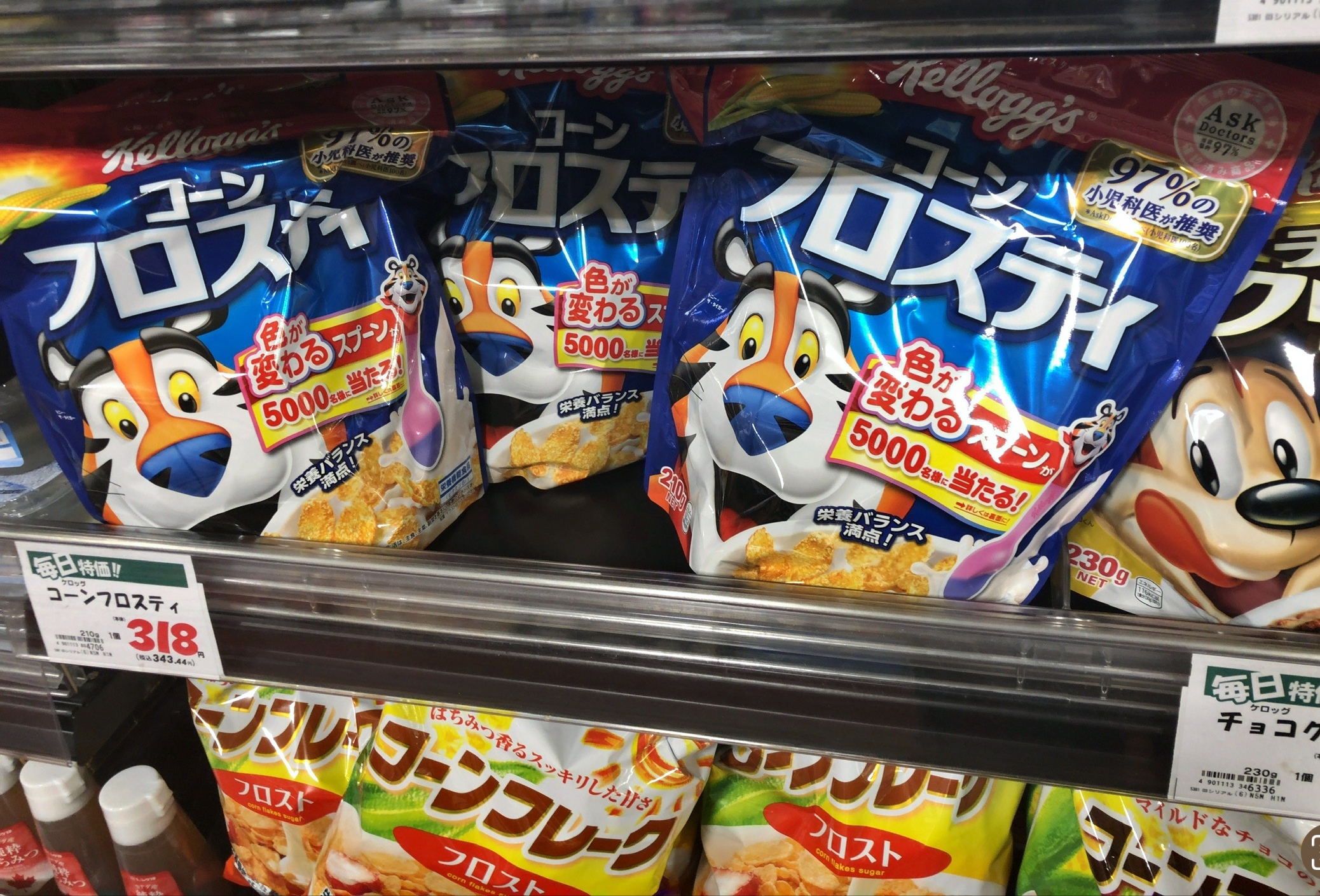Japan bans cereals-Fact Check

Japan Bans Cereals-Fact Check
Did Japan ban Frosted Flakes?
The rumor that Japan bans cereal such as frosted flakes because of BHT is disinformation. BHT is a food additive that is used to preserve freshness in a variety of foods, including cereals, oils, and nuts. It is approved for use in Japan and is commonly used in Japanese food products.
The rumor may have originated from the fact that BHT is banned in some other countries, such as the European Union. However, there is no scientific evidence to suggest that BHT is harmful to human health. In fact, the US Food and Drug Administration (FDA) has classified BHT as “generally recognized as safe” (GRAS).
American breakfast cereal is not banned in Japan
There are a few possible reasons why some people may believe the rumor that Japan bans cereal like frosted flakes because of BHT. One possibility is that they are simply unaware of the fact that BHT is approved for use in Japan. Another possibility is that they have been misled by false or misleading information online. Finally, some people may simply be more likely to believe rumors that are negative or sensationalized.
Cereals such are frosted flakes and Choco Chrispy are sold in Japan
Cereals such as Frosted Flakes and Choco Krispies are sold in Japan. They are both available in most major supermarkets and convenience stores. However, it is important to note that they may be more expensive than in other countries.

As you see, Frosted Flakes are sold in Japan, with the package surprisingly claiming to be recommended by 97% of pediatricians.
Did Japan ban BHT?
No, Japan has not banned BHT. BHT is a food additive that is used to preserve freshness in a variety of foods, including cereals, oils, and nuts. It is approved for use in Japan and is commonly used in Japanese food products.
It is important to be aware of the dangers of disinformation, especially when it comes to information about food and health. Disinformation can lead people to make unhealthy choices, such as avoiding certain foods that are actually safe to eat. If you see a rumor circulating online, it is important to be critical of the information and to verify it from a reliable source.
Here are some tips for verifying information online:
- Check the source of the information. Is it a reputable website or organization?
- Look for evidence to support the claims being made. Are there any links to scientific studies or other reliable sources?
- Be wary of websites that use inflammatory language or make sensational claims.
- If you are unsure about the accuracy of information, consult a trusted expert, such as a doctor or registered dietitian.
Food and drinks from the US not approved in Japan
There are some food and drinks from the US that are not approved in Japan. This is due to a variety of factors, including food safety concerns, cultural differences, and Japanese government regulations.
Here are some examples of food and drinks from the US that are not approved in Japan:
Food:
Raw milk cheese
Pink slime (mechanically separated meat)
Certain types of artificial sweeteners
Certain types of food coloring
Drinks:
Grape jelly (contains red dye #40, which is banned in Japan)
Certain types of energy drinks
It is important to note that this is not an exhaustive list, and there may be other food and drinks from the US that are not approved in Japan. If you are unsure whether or not a particular food or drink is allowed in Japan, it is best to check with the Japanese government or a reputable source of information.
In addition to the items listed above, Japan also has strict regulations on the use of certain food additives and processing methods. For example, Japan does not allow the use of irradiation to sterilize food, which is a common practice in other countries.
As a result of these regulations, there are some food and drinks from the US that are not available in Japan, or that are only available in limited quantities. However, there are also a wide variety of imported food and drinks available in Japan, and the selection is constantly expanding.










